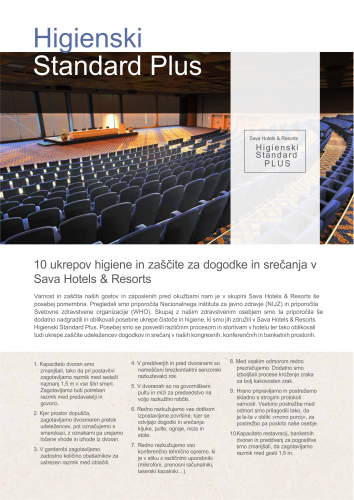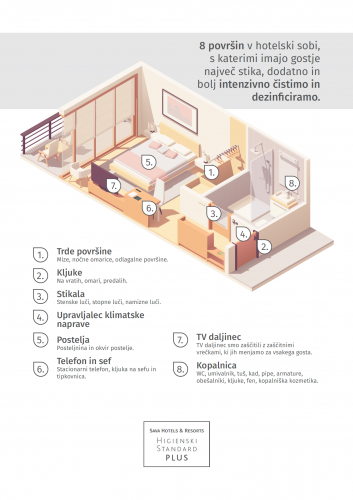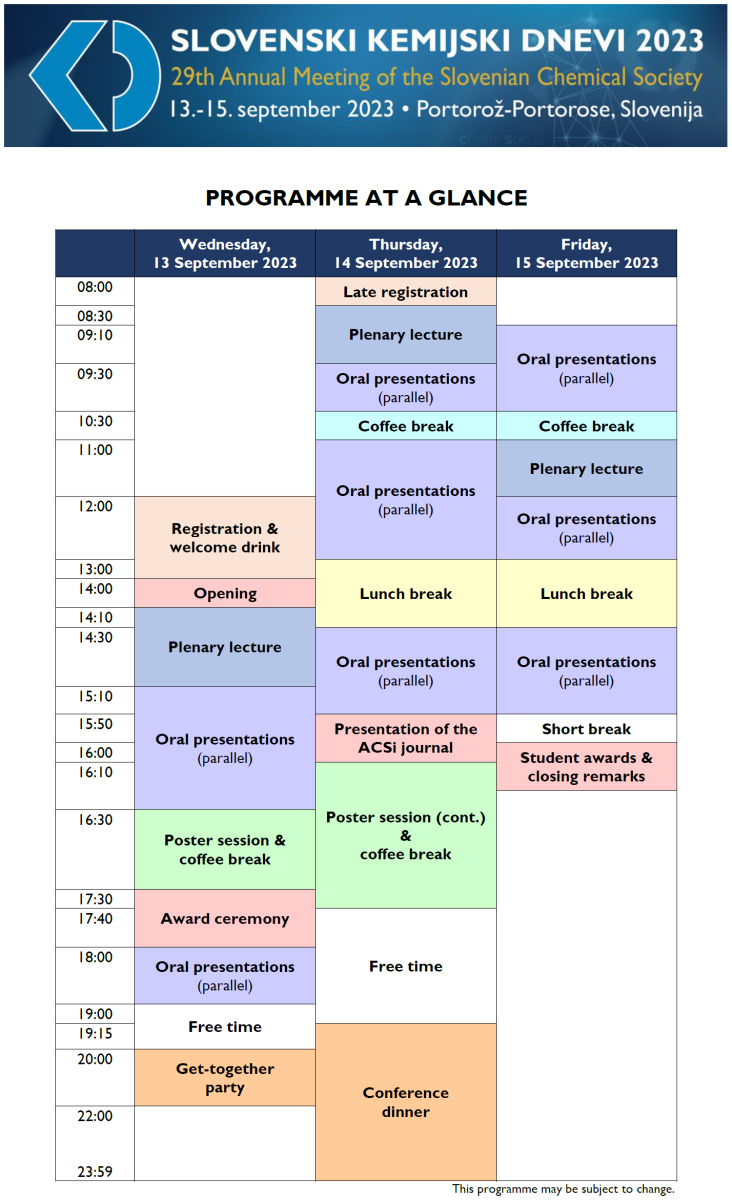Invited speakers
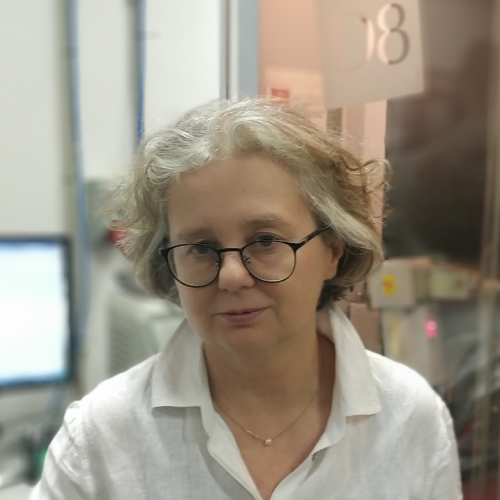
Prof. Dr. Ewa Gorecka
University of Warsaw, Poland
Prof. Ewa Gorecka (University of Warsaw) is the head of Laboratory of Dielectrics and Magnetics at Warsaw University, Department of Chemistry, her group specialises in characterization of soft matter structure. Ewa Gorecka is a leading expert in the field of liquid crystals. Her main interests are: chiral liquid crystalline structures build of achiral molecules, hybrid inorganic–organic structures, polar phases, gels and complex structure of polymers. She is an expert in applying X-ray techniques to study soft matter. She has published over 300 articles that have been cited over 7,000 times.
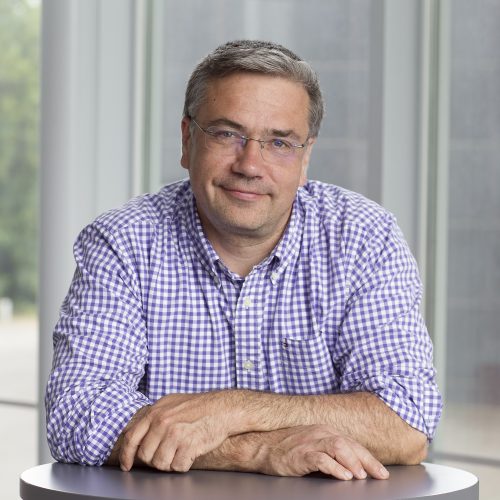
Prof. Dr. Timo Repo
University of Helsinki, Finland
Timo Repo received his PhD in 1997 from University of Helsinki (Finland), where he was nominated as a full professor of inorganic chemistry in 2007. His research is focused on green chemistry and homogeneous catalysis, including catalyst development for activation of small molecules (e.g. CO2, H2), oxidation, reduction, C-H activation and biomass valorization.
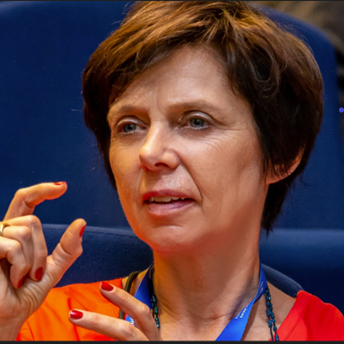
Prof. Dr. Ester Heath
Jožef Stefan Institute, Slovenia
Ester Heath has been employed at Jožef Stefan Institute since 1991. She earned her M.Sc. (1994) and Ph.D. (1998) in Chemistry – Environmental Organic Analysis from the University of Ljubljana, Ljubljana, Slovenia. She spent 15 months at the University of Plymouth, Plymouth in the UK and two years at McGill University, Montreal, QC, Canada. Currently, Prof Heath is Head of the Laboratory for Organic Analytical Chemistry within the Department of Environmental Sciences, Jožef Stefan Institute and a full professor at the International Postgraduate School Jožef Stefan in Ljubljana, Slovenia.
Prof Heath has been working in the field of organic analytical chemistry for over 30 years and has a broad experience in experimental work (sample preparation, quantitative and qualitative determination) and analyzing trace organic compounds and their metabolites/transformation products using different analytical techniques (gas/liquid chromatography, mass spectrometry). Lately, she has been involved in studying the cycling of residues of contaminants of emerging concern in matrices related to the environment, food and health. Prof Heath is a Slovene representative of the European Chemical Societies’ Division of Chemistry and the Environment and a Springer journal Environmental Science and Pollution Research Editor. In 2022, Prof. Dr. Ester Heath received the Zois Award for her Outstanding Achievements in the Use of Organic Analysis in the Fields of Environment, Food, and Health.
Keynote speakers
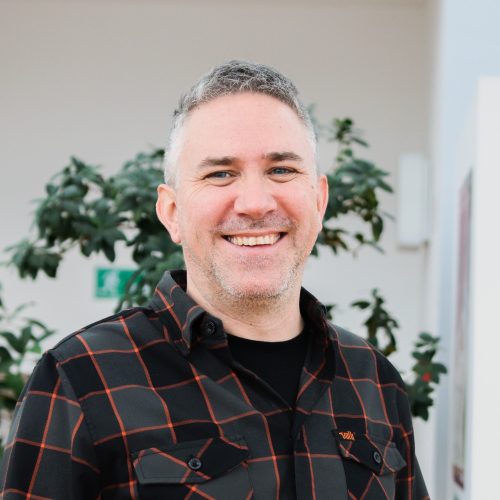
Dr. Matej Praprotnik, Professor
National Institute of Chemistry and Faculty of Mathematics and Physics, University of Ljubljana, Slovenia
Matej Praprotnik is Head of the Laboratory for Molecular Modeling at the National Institute of Chemistry and professor of Physics at the Faculty of Mathematics and Physics, University of Ljubljana. He studied physics and received his B.S. and Ph.D. degrees from the University of Ljubljana. He carried out postdoctoral research in the Theory group at the Max Planck Institute for Polymer Research, Mainz, Germany. He has held visiting scientist positions at the Computational Science & Engineering Laboratory (ETH Zurich), the Institute for Mathematics and Its Applications (University of Minnesota), the Kavli Institute for Theoretical Physics (University of California, Santa Barbara), and the Kavli Institute for Theoretical Physics China (Chinese Academy of Sciences, Beijing). Matej is former Chair of the PRACE (Partnership for Advanced Computing in Europe) Scientific Steering Committee. He served as President of the Slovenian Biophysical Society from 2015 to 2019. He also serves as a council member of CECAM (Centre Européen de Calcul Atomique et Moléculaire) and as a scientific council member of the National Institute of Chemistry. He is recipient of the ERC Advanced Grant 2019 by the European Research Council and the Zois Recognition in 2022. His research is focused on computer simulation of soft and biological matter. The focus is on developing and combining innovative computational and theoretical methods augmented by machine learning techniques to study complex molecular systems.
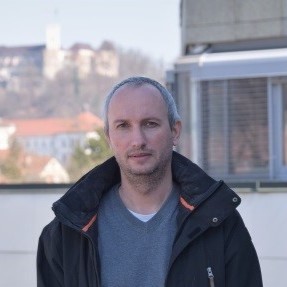
Dr. Blaž Likozar, Associate Professor
National Institute of Chemistry, Slovenia
Prof. Blaž Likozar is a head of the Department of Catalysis and Chemical Reaction Engineering at the National Institute of Chemistry (NIC), leading the programme “Chemical Reaction Engineering”, as well as numerous research projects (15 H2020 / 26 in Horizon Europe alone). His expertise lies (among others) in heterogeneous catalysis materials, modelling, simulation and optimization of process fluid mechanics, transport phenomena and chemical kinetics. He worked at the University of Delaware in 2014–2015 as a Fulbright Program researcher. He has authored >290 articles, was cited >6000 times, having a h-index of 39. He is also involved in many industrial projects, amongst others, with TotalEnergies, Evonik Industries, UPM, Novartis, Carbon Recycling International… He is a recipient of Pregl and Zois awards.
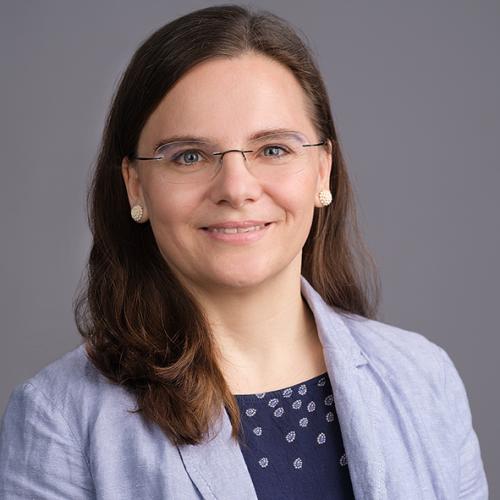
Prof. Dr. Nora Kulak
University of Potsdam, Germany
Nora Kulak is a Professor in Inorganic Chemistry at the University of Potsdam in Germany since July 2023. Until recently, she was the head of the Institute of Chemistry at Otto-von-Guericke-Universität Magdeburg in Germany, and held a chair in Inorganic Chemistry at this university. Until 2020 she was an Assistant Professor at Freie Universität Berlin. Her expertise lies in the field of Bioinorganic Chemistry and the applications of coordination chemistry in medicine for therapy and diagnosis as well as metal-based redox catalysis. Nora studied chemistry and received her diploma and Ph.D. degree from Ruprecht-Karls-Universität Heidelberg, Germany. She carried out postdoctoral research at the Federal Institute for Materials Research and Testing (BAM) in Berlin and at the Massachusetts Institute of Technology in Cambridge/MA. Nora was granted fellowships from the state of Baden-Württemberg and the German Academic Exchange Service (DAAD), respectively. She is a recipient of the Dr. Sophie Bernthsen as well as the Dr. Otto Röhm Gedächtnisstiftung award.
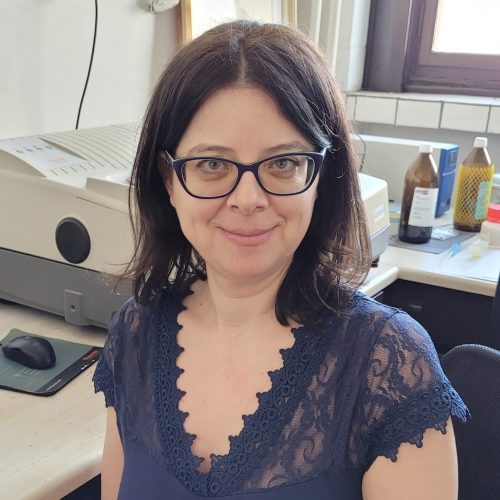
Prof. Dr. Dana Dvoranová
Institute of Physical Chemistry and Chemical Physics, Faculty of Chemical and Food Technology, Slovak University of Technology in Bratislava
Dana Dvoranova works as associate professor at the Institute of Physical Chemistry and Chemical Physics, Faculty of Chemical and Food Technology, Slovak University of Technology in Bratislava, where she obtained her degrees. Her research expertise is oriented on the spectroscopic studies of photoinduced processes undergoing in homogeneous (e.g., biologically active organic compound) and heterogeneous (e.g., nanostructured semiconductor-based photocatalysts) systems employing the methods of electron paramagnetic resonance (EPR) spectroscopy, UV/Vis/NIR and IR spectroscopy and in this fields she supervised the students in all degrees. She obtained postdoc position at Technical University Graz, Austria. Her teaching expertise is focused on physical chemistry and molecular spectroscopy and she is a person responsible for study programme Chemistry, medical chemistry and chemical materials at FCHPT STU.
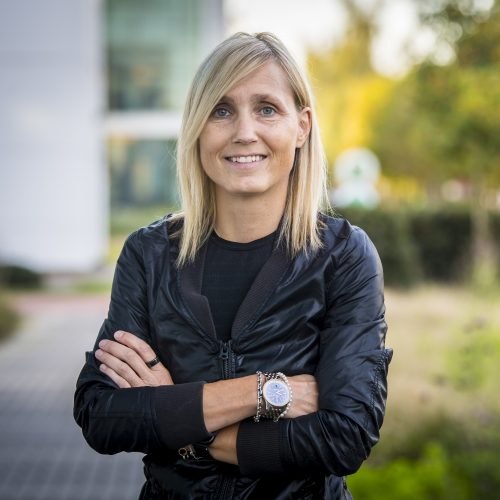
Dr. Nataša Obermajer
Janssen Pharmaceutica, Beerse, Belgium
Nataša Obermajer, M. Pharm., Ph.D., associate director at Janssen R&D, provides strategic, operational and technical leadership within Oncology Therapeutic Area. Among others, she contributed to scientific strategy and assessment of different targeting platforms, which resulted in two patent applications and an innovative first-in-class tumor-targeting bispecific antibody therapeutic, that entered the clinic in 2021.
Dr. Obermajer received her master’s in Pharmacy and doctorate in Biomedicine at the University of Ljubljana, Slovenia. She completed postdoctoral fellowship at the University of Pittsburgh, served as a Senior Researcher in Regensburg, Germany, and afterwards transitioned back to the University of Pittsburgh, where she grew to become Assistant Professor and established her research group focusing on T cell plasticity, development of cancer vaccines, oncolytic viruses, and mRNA cancer therapeutics in collaboration with Moderna/Onkaido Therapeutics.
Dr. Obermajer has published over 65 manuscripts in high-impact peer-reviewed journals, including Nature Communications, Nature Protocols, Cell Metabolism and JEM, and holds editorial roles for several immunology-related journals.
By combining basic and translational research, Dr. Obermajer primarily focuses on characterizing and modulating immune-suppressive environments for effective treatment of unmet need patient populations.
Dr. Obermajer actively shares her perspective on emerging ideas in her blog (https://www.immuno-oncologyresearchtrends.com/).
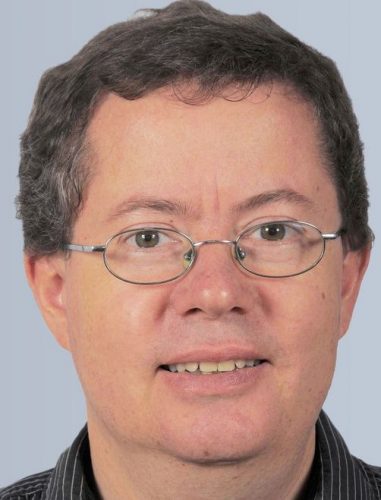
dr. Gerhard J. Mohr
Joanneum Research, Graz, Austria
Dr Gerhard J. Mohr received his PhD in Chemistry at Karl-Franzens University Graz in the field of optical sensors for anions. Then, he moved to the Centre for Chemical Sensors at ETH Zurich where he was engaged in the synthesis and characterisation of new chemosensor dyes and functional polymers. In May 2001, he submitted his habilitation thesis entitled: “Chromogenic and fluorogenic reactands: New tools for molecular recognition of neutral analytes” to the Department of Applied BioSciences of the Swiss Federal Institute of Technology (ETH) and received the Venia Legendi in April 2002. From 2001 until 2008, he was Marie Curie and Heisenberg fellow at Friedrich-Schiller University Jena and from 2009 until 2011 he was establishing the Fraunhofer workgroup “Sensor Materials” in Regensburg, focussing on new functional dyes, fluorescent nanosensors and their combination with polytronic systems. Currently, he is senior researcher at Joanneum Research, developing new indicator dyes for polymer layers, textiles and non-wovens and combining them with information and communication technology (sse also: https://www.joanneum.at/en/materials/reference-projects/smartcolourtextiles ).

